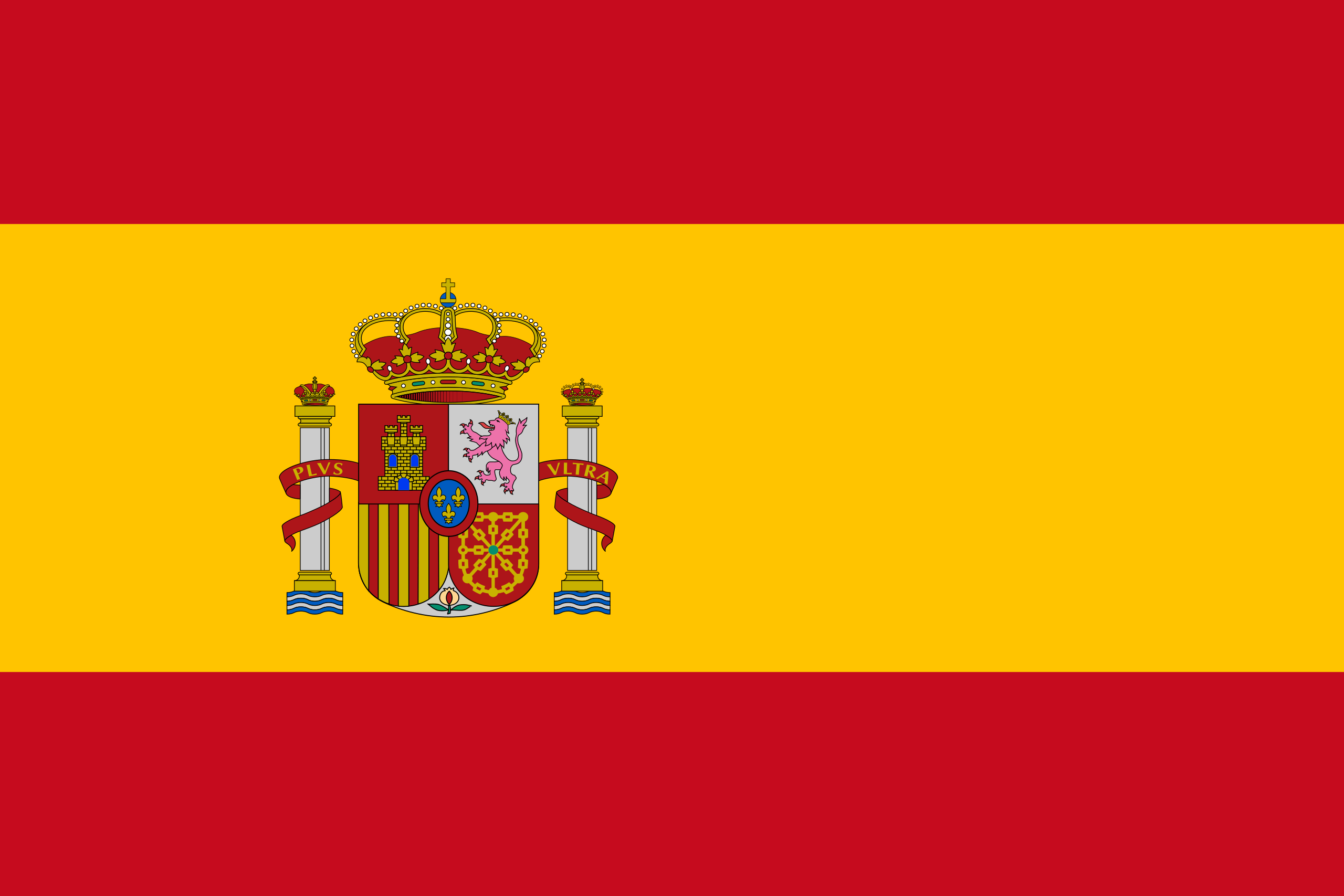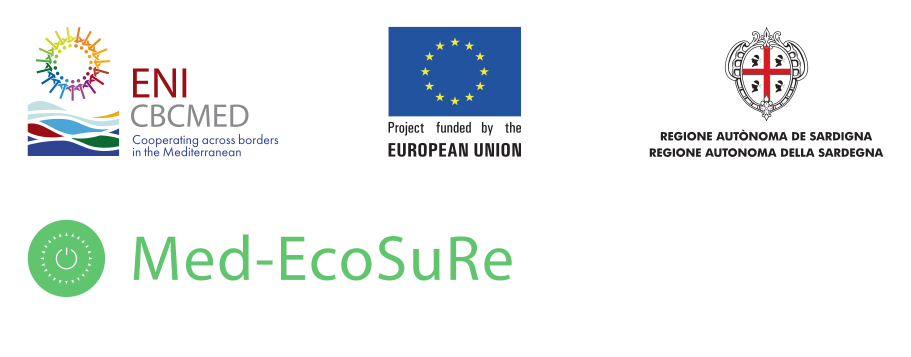
Spain Pilot
Municipality
of Lloret De Mar:
Lloret de Mar is a municipality of 38.941 inhabitants (year 2022)
located at Costa Brava in Catalonia, in the north-east of Spain. The service
sector is the main economic activity (87% of gross added value), since Lloret
is a relevant international tourist destination (+120 hotels and +5 million
overnight stays per year). This fact implies an increase of energy and water
consumption as well as an increase in mobility during the touristic season.
It has a
dense city centre along the beach and promenade, which hosts most of the
neighbourhoods, hotels, and tourism facilities. The centre is surrounded by
disperse housing estates (+50) and forest areas.
The city council developed
a former SEAP in 2016 partially implemented. It focused on energy management in
public facilities, public lightning efficiency and renewable energy production
(mainly photovoltaics, thermal solar and biomass boilers).
Municipality
of Lloret De Mar:
The actions
that are going to be included in the new SECAP are related to the following
aspects:
–
Energy efficiency in public buildings, increasing its maintenance for
reducing consumption.
–
Energy rehabilitation in residential and economy sector, including the
tourist sector.
–
Increasing renewable energy by promoting photovoltaic self-consumption
and Local Energy Communities (LECs).
–
Promoting soft mobility such as PMV. Improvements in public transport.
–
Improvement in Civil defense planning, including water scarcity, energy
access and extreme heat management.
–
Improvements in water supply infrastructure to reduce water scarcity,
increase of regenerated and phreatic water use or a water scarcity plan
implementation.
–
Improvements in wastewater management, increase of the system capacity to
collect rainwater to reduce the effects of urban flooding.
–
Forest fire prevention, specially related to management of forest
properties.
Improvement of urban
greening and urban naturalization strategies.
Municipality
of Lloret De Mar:
“50/50 philosophy” is
planned to be applied firstly in schools and if possible in other public building. This tool involves students and
users to reduce collective energy consumption by implementing energy efficiency
actions. The implementation will be combined with the use of IMPULSE plus and
Edufootprint.
Municipality
of Lloret De Mar:
It is expected to obtain a new SECAP to be implemented before 2030 which
pursues a 55% GHG reduction in 2030 and GHG neutrality in 2050. To address this
challenging objective the city council needs to include citizens and the
economic sector in the development of the plan.
Also, the SECAP implies a reduction in climate change vulnerability
thanks to the implementation of adaptation actions, specially addressing water
scarcity and forest fire prevention.
Both mitigation and
adaptation actions need to be designed through a just transition process,
including actions to guarantee clean energy access and access to a safe
environment for everyone.








